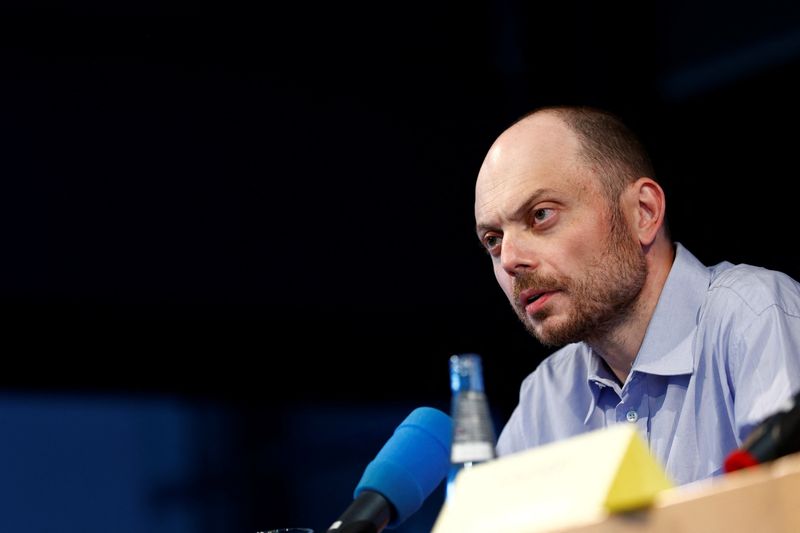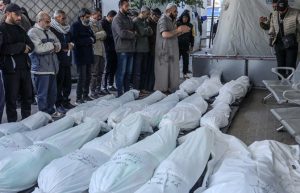Political prisoner Vladimir Kara-Murza, who spent over two years in a severe Russian prison regime, including nearly a year in solitary confinement, has been released. His ordeal was part of a significant prisoner exchange between Russia and the West, marking one of the largest swaps since the Cold War.
Kara-Murza, a Russian writer and activist who also holds British citizenship, was arrested in 2022 for his outspoken opposition to Russia’s invasion of Ukraine. He was detained in an extremely harsh facility in Omsk, which he described as one of Russia’s toughest prisons.
In a recent interview with The Washington Post, Kara-Murza shared the bleak details of his imprisonment. His daily life was strictly regimented, beginning at 5:00 AM in a small cell measuring approximately 2 by 3 meters (7 by 10 feet). His routine was monotonous and unchanging, with his activities meticulously scheduled—from meal times to exercise periods and the exact moment lights were turned off. Most of his time was spent in solitary confinement, staring at the wall, with little to occupy his mind.
Kara-Murza was permitted just 90 minutes a day to write, a privilege he found particularly cruel given his profession as a writer. The limited writing time, he noted, was almost a form of psychological torture.
For 11 months, Kara-Murza endured solitary confinement, which the United Nations deems as torture if a person is isolated from human contact for more than 22 hours a day over a span of at least 15 consecutive days. During this time, he was cut off from telephone contact with his family, only managing a single conversation with his wife throughout his entire imprisonment.
 To cope with the isolation, Kara-Murza read extensively and learned Spanish. The prison’s routine included regular, distressing inquiries about his release date, which was set far in the future—April 21, 2047. This constant reminder of his seemingly endless confinement took a psychological toll on him.
To cope with the isolation, Kara-Murza read extensively and learned Spanish. The prison’s routine included regular, distressing inquiries about his release date, which was set far in the future—April 21, 2047. This constant reminder of his seemingly endless confinement took a psychological toll on him.
Despite these challenges, Kara-Murza found strength in three key areas: his Christian faith, his historical background, and his conviction that he was fighting for a just cause. He maintained that his real adversaries were those orchestrating the war against Ukraine, not those like him who protested against it.
Since his release, which occurred on August 1, Kara-Murza described his newfound freedom as surreal. He expressed hope that his release would inspire and bring hope to others still imprisoned under similar conditions in Russia.
Kara-Murza’s release is a significant development, highlighting the ongoing struggle for human rights and the harsh realities faced by political prisoners in Russia. His story serves as a powerful reminder of the resilience required to endure such extreme conditions and the enduring hope for justice and reform.



 To cope with the isolation, Kara-Murza read extensively and learned Spanish. The prison’s routine included regular, distressing inquiries about his release date, which was set far in the future—April 21, 2047. This constant reminder of his seemingly endless confinement took a psychological toll on him.
To cope with the isolation, Kara-Murza read extensively and learned Spanish. The prison’s routine included regular, distressing inquiries about his release date, which was set far in the future—April 21, 2047. This constant reminder of his seemingly endless confinement took a psychological toll on him.




